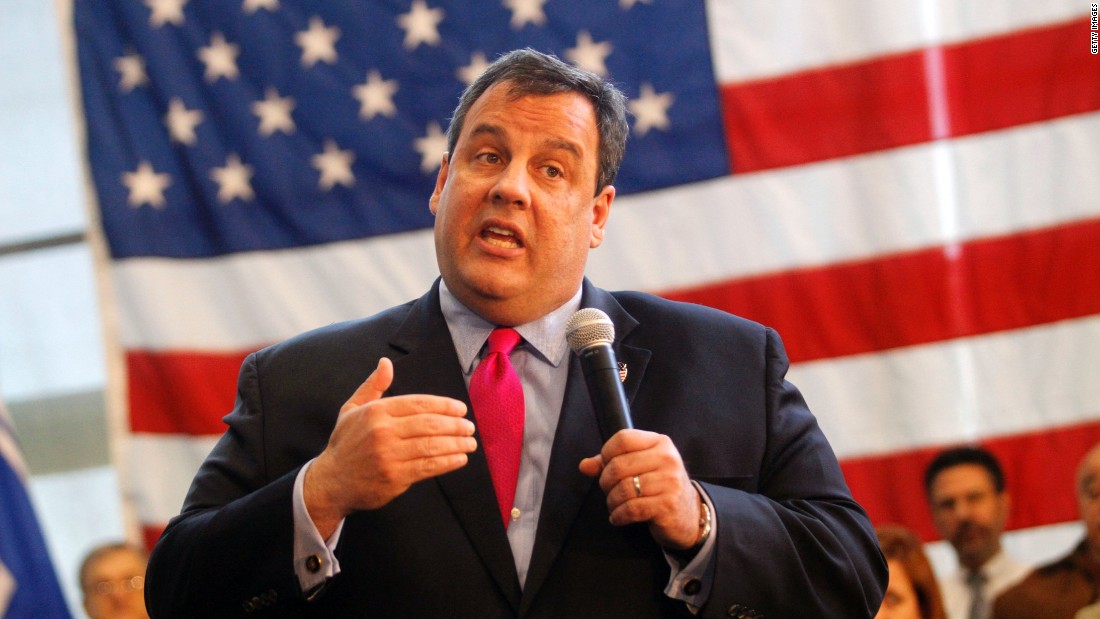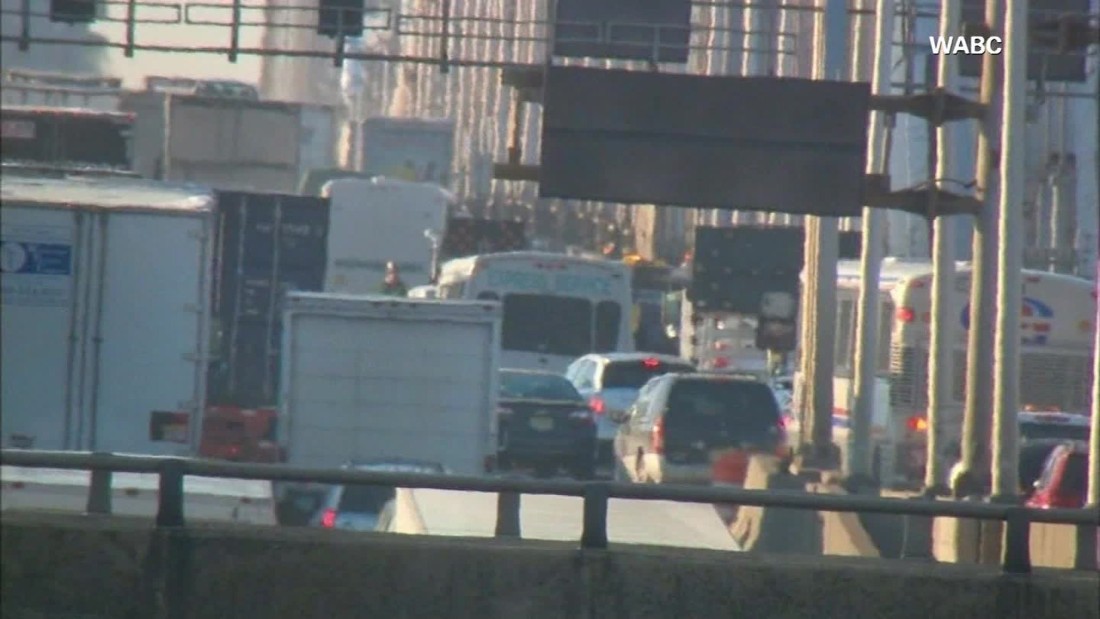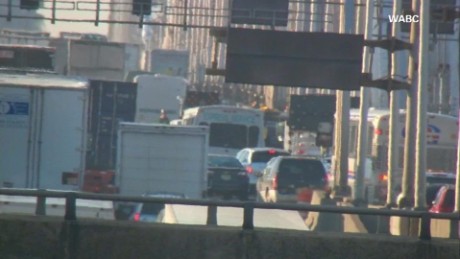Bridgegate trial: What’s next for Chris Christie?
Posted by John P. Bradford // November 5, 2016
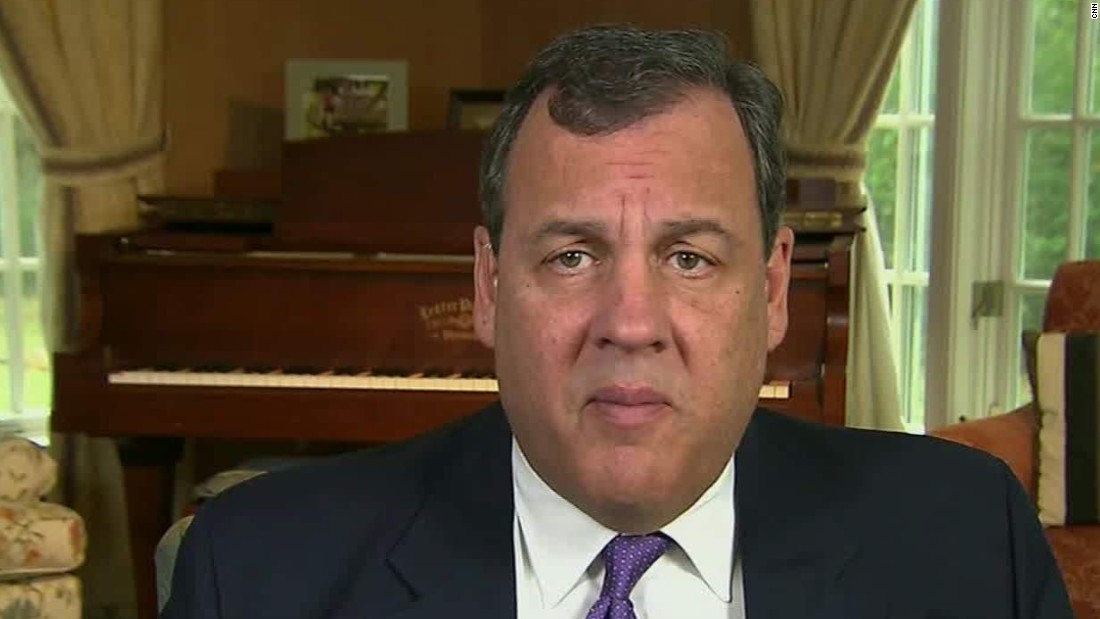
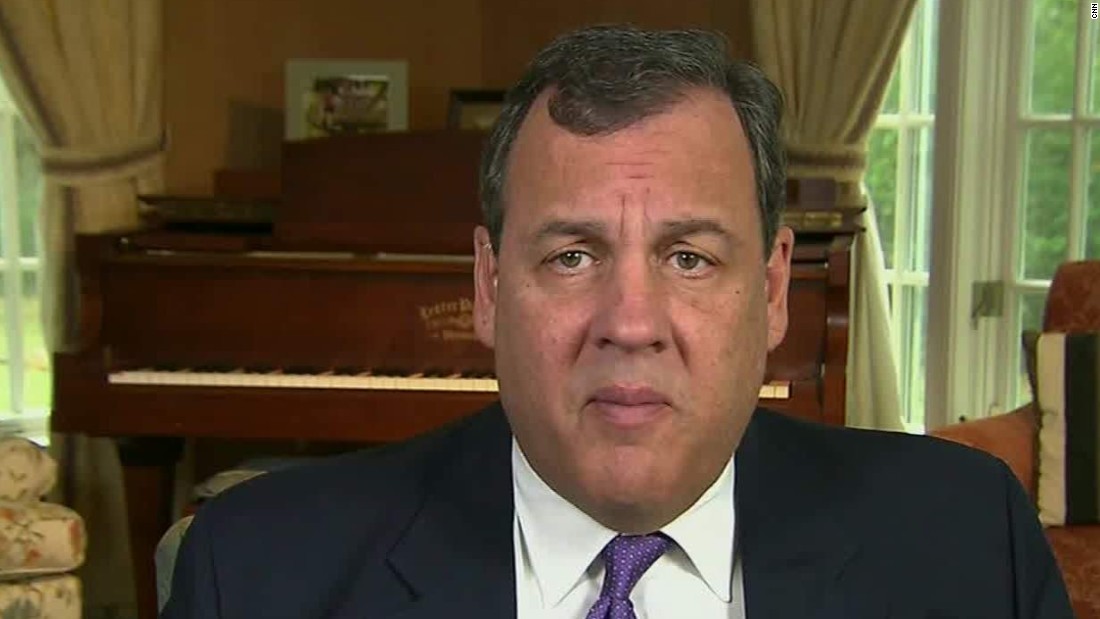
(CNN)Though New Jersey Gov. Chris Christie was not on trial in connection with the Bridgegate scandal, the case has thrown into question the political future of the once-rising Republican star.
After more than a month of testimony, a federal jury in Newark on Friday
returned guilty verdicts against Christie’s former deputy chief of staff, Bridget Kelly, and former Port Authority deputy executive director Bill Baroni.
They were each convicted of seven criminal counts — including conspiracy and fraud — for their roles in the September 2013 lane closures on the Fort Lee side of the George Washington Bridge. Testimony at trial shone an unflattering light on the way business was conducted in the Christie administration.
Prosecutors alleged the lane closures, which paralyzed traffic across the bridge from upper Manhattan, were part of a plot to punish the Democratic mayor of Fort Lee, who declined to endorse Christie in his 2013 re-election campaign.
For instance, one month before the lane closures, with Christie’s re-election campaign in full swing, Kelly texted David Wildstein, a former Port Authority official and a political ally of the governor: “Time for some traffic problems in Fort Lee.”
“Got it,” Wildstein replied.
On the stand, Kelly characterized her messages as “sarcasm and humor.” She testified that she told Christie about a planned traffic study and potential traffic problems one day before sending that email.
In a statement released after Kelly’s testimony last month, Christie’s spokesman said the governor never knew about the bridge plans.
“As the governor has said since January 9, 2014, the governor had no knowledge prior to or during these lane realignments, and he had no role in authorizing them. Anything said to the contrary is simply untrue,” spokesman Brian Murray wrote.
A former Port Authority executive testified in September that
Christie was informed about the traffic problems at the George Washington Bridge as they were happening.
While at ground zero in Manhattan during a memorial event on September 11, 2013, Baroni and David Wildstein, the Port Authority director of interstate capital projects, discussed the traffic issues with Christie, Wildstein testified.
Wildstein, the admitted mastermind of the lane closures, testified that Baroni told Christie: “Governor, I have to tell you there’s a tremendous amount of traffic in Fort Lee this morning, major traffic jams.” Wildstein said Baroni had a sarcastic tone during the conversation.
The lane closures, which began two days prior on September 9, lasted four days.
“You’ll be pleased to know that Mayor (Mark) Sokolich is having trouble getting his telephone calls returned,” Baroni continued, according to Wildstein.
Wildstein said that Christie replied, “I imagine he wouldn’t be getting his calls returned.”
Wildstein avoided trial by pleading guilty to one count of conspiracy to commit fraud on federally funded property and one civil rights violation.
In October,
Christie was hit with a criminal summons after a municipal judge decided there was probable cause on a citizen’s complaint over the lane closures.
In the complaint, Bill Brennan accused the governor of official misconduct, saying Christie “knowingly refrained from ordering that his subordinates take all necessary action to re-open local access lanes to the George Washington Bridge from Fort Lee, New Jersey, that had been closed with purpose to injure Fort Lee mayor Mark Sokolich.”
Christie appealed the case, which spokesman Brian Murray called “a dishonorable complaint filed by a known serial complainant and political activist with a history of abusing the judicial system.”
Christie is scheduled to
appear in court on November 23. The prosecutor’s office did not return a call seeking comment.
Stuart Green, a Rutgers University law professor, said it may be difficult to prove misconduct.
“Even if he knew (about the lane closings), that’s probably not good enough,” he said. “Absent some smoking gun that he was himself involved in the planning of the closings, it just seems to me that it would be too hard to get a conviction.”
Will Christie be impeached?
Don’t bet on it.
Still, a move by the state Legislature to impeach Christie would be more likely than criminal charges, according to Green.
“To bring a criminal prosecution with criminal penalties is to give that sort of political check to the criminal courts. And I think there’s good reason to think that that’s dangerous,” said Green, referring to the perils of politicians using the criminal justice system to punish political adversaries.
Some state Assembly members have publicly discussed impeachment, but Democrats have said it would be a waste of time since Christie will be out of office soon.
“In modern times, no sitting governor of New Jersey has ever been impeached or charged with a crime,” said Brigid Callahan Harrison, a professor of political science and law at New Jersey’s Montclair State University.
Recent unpopular governors have been voted out of office and the only one embroiled in scandal resigned, Harrison said.
In 2004, Gov. James McGreevey resigned halfway through his term as governor after revealing that he is gay and admitting an extramarital affair with a male staffer.
The state Constitution is vague in terms of the grounds for impeachment: “The Governor and all other State officers, while in office and for two years thereafter, shall be liable to impeachment for misdemeanor committed during their respective continuance in office.”
The Assembly has the power to begin impeachment proceedings. A majority vote among its 80 members would lead to a trial in the state Senate. The chief justice of the state Supreme Court would preside. A two-thirds vote by senators is required for a conviction, which could lead to removal from office and a disqualification of holding any other public office in the state.
But impeachment is a drawn-out process. The governor’s term expires in January 2018.
Harrison said it would be unusual for lawmakers to pursue impeachment, because the Democratically-controlled Legislature prefers to have its gubernatorial nominee next year run against Christie’s legacy, rather than give the Republican lieutenant governor an opportunity to start the race with a clean slate.
Is disbarment a possibility?
An ethics complaint over Christie’s handling of the lane closures could result in disbarment or lesser sanctions such as a censure or reprimand. Christie was U.S. Attorney for the District of New Jersey from 2002 to 2008.
“They’d have to find a fairly close connection between him and the (lane closure) orders,” Fordham University law professor James Cohen said of the state office of attorney ethics. “On the other hand, the standard of proof, of course, in that context is not beyond a reasonable doubt.”
Rutgers law professor John Leubsdorf said most grounds for disbarring lawyers turn on acts committed in the representation of a client — which wouldn’t apply to Christie in this case.
However, there are exceptions to the New Jersey Rule of Professional Conduct, which says a lawyer may not commit a criminal act that reflects adversely on the lawyer’s honesty, trustworthiness or fitness as a lawyer in other respects; engage in conduct involving dishonesty, fraud, deceit or misrepresentation; or engage in conduct that is prejudicial to the administration of justice.
“The first of these requires only that the lawyer ‘commit’ a crime, whether or not he’s been convicted,” Leubsdorf said.
“In practice, I doubt that the disciplinary authorities would want to try a complex criminal case, but in theory they could. As to the second, I’m not up on everything the governor might have done, but if he lied to the public about his knowledge of what was happening, that seems to qualify.”
Leubsdorf added, “In short, the governor could be disciplined if he was dishonest, or (in theory but probably not in practice) if the disciplinary system found he committed a crime.”
Will there be other investigations?
Some experts believe Bridgegate could lead to other investigations.
Federal prosecutors said the traffic-choking lane closures were intended to punish Fort Lee’s mayor for not supporting Christie’s re-election bid.
“In my mind, the key question that has emerged as a result of trial concerns the idea of a quid pro quo surrounding endorsement,” Harrison said.
“That raises the question of what the 60 Democrats who did endorse Christie received for their endorsements. That is the landmine where corruption could potentially be demonstrated: Was there a quid pro quo for endorsements received? If I were the state Legislature, that’s the question I’d be asking.”
Were mayors who endorsed Christie rewarded in any way?
“There’s the punishment, but there’s also I’m sure the reward,” said Julian Zelizer, a professor of history and public affairs at Princeton University.
“What were the rewards? Were the rewards legitimate? Or, as with the punishment, were there certain rewards that were beyond the boundaries of what should be permissible?”
What is Christie’s political future?
Though Christie has said that he plans to retire from public life at the end of his term, a victory by Republican Donald Trump in the presidential election could breathe new life into the governor’s political career. Christie heads the team planning a potential Trump administration.
Christie, who is 54, could always decide on another presidential run.
“Lots of people recover,” said Ben Dworkin, a political science professor at Rider University. “It’s politics. We have second and third acts. Richard Nixon came back.
But Christie’s tenure has not endeared him with the state GOP, according to Harrison.
“Behind closed doors, most Republicans will tell you that they are waiting for Christie era to be over so that they can begin the process of rebuilding,” she said.
Others believe Christie has been hurt politically by his association with Trump.
“I don’t know whether law firms would consider him toxic,” Cohen said. “I don’t know that anybody is going to welcome him with open arms in terms of a law firm. I think that significant, big corporations are going to say he’s maybe not the guy we want as the face of our company in court.”
Cohen added, “I’m not saying he’s going to be on the street with a tin can but I think his prospects don’t look perhaps as exciting as they did when he threw his hat in the ring. I could see him doing a politics show with Trump.”
Read more: http://www.cnn.com/2016/11/04/politics/bridgegate-trial-chris-christie/index.html
